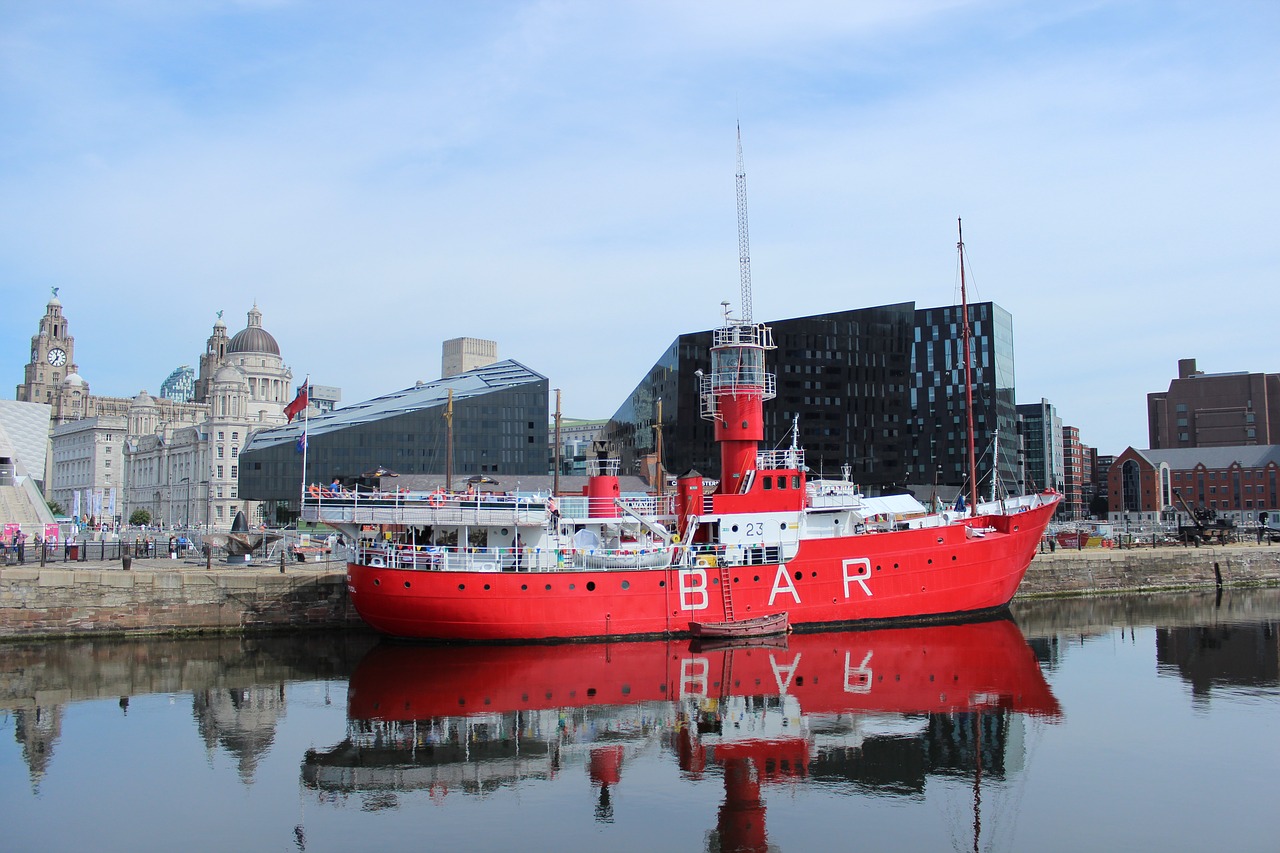
Chronic congestion at Felixstowe and Southampton, the two largest UK container ports, is leaving container carrier planners to make last-minute diversions, causing havoc to the country’s supply chain.
An IT failure, which began in June at Felixstowe, has caused ship diversions and in some cases the temporary transfer of services to other ports. The problems faced at Felixstowe have had a knock-on effect and spread issues of congestion to Southampton port.
DPWS have listed the reasons for its congested terminals as: too many empty containers; the pre-Christmas peak; vessels cutting and running and a lack of haulage. It appealed to its shipping line customers to ship out their empty containers; stop using the port for transhipping empty equipment and not to discharge containers for other ports without consultation.
Consequently, there is a growing number of UK shippers switching their container imports to avoid the congestion of Southampton and Felixstowe to the Mersey’s enlarged terminal capacity at Liverpool port. This means an absence of demurrage and detention charges, as well as faster truck turnaround times and available haulage.
The Liverpool2 Terminal owner – Peel Ports have stated they have around 70% available capacity, with no queues for arriving vessels and an average truck turnaround time of 42 minutes amongst other benefits.
Peel Ports chief executive, Mark Whitworth has urged shippers, forwarders and carriers to rethink their UK ports of entry, stating
“Peel Ports is ready to welcome cargo destined for the UK as well as shipments bound for international destinations from the UK, and we have ample capacity to do so. Liverpool2 was developed specifically for large deepwater cargo vessels. With a growing proportion of the UK’s logistics and warehousing facilities based in the north and the Midlands, there are multiple benefits to containers arriving in Liverpool.”
